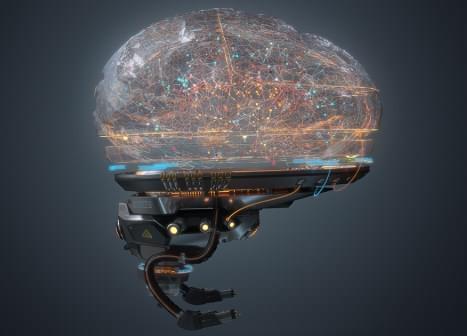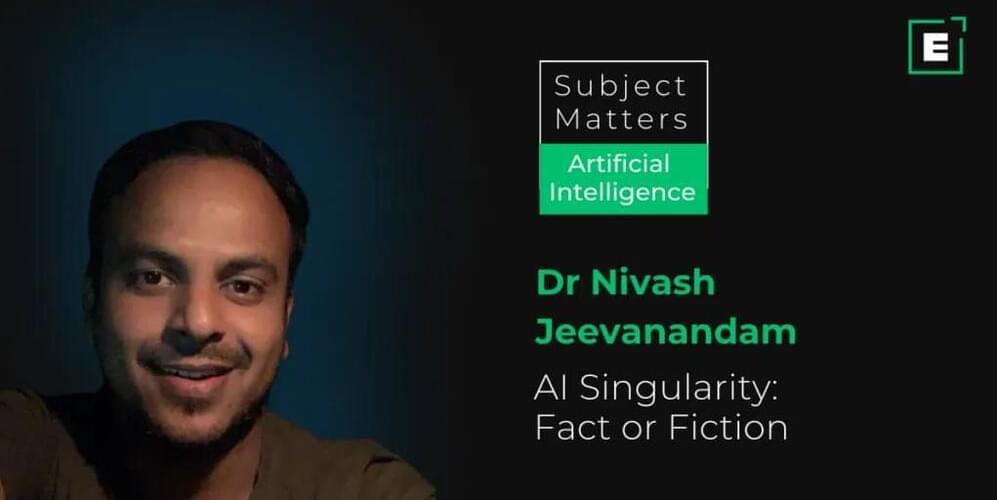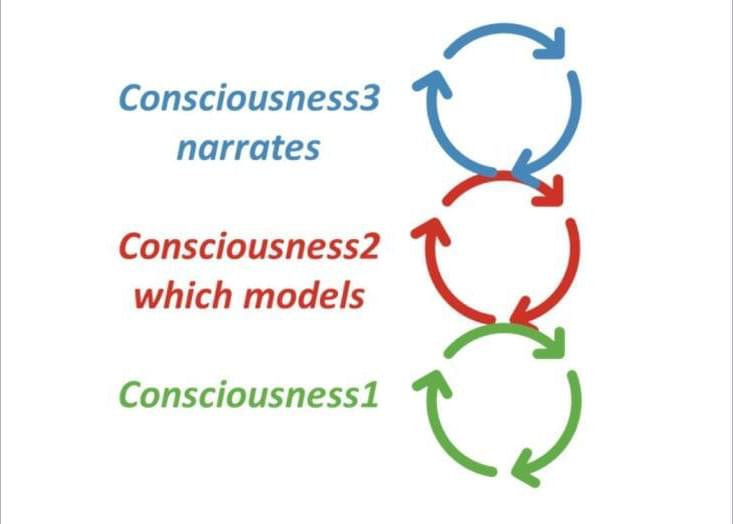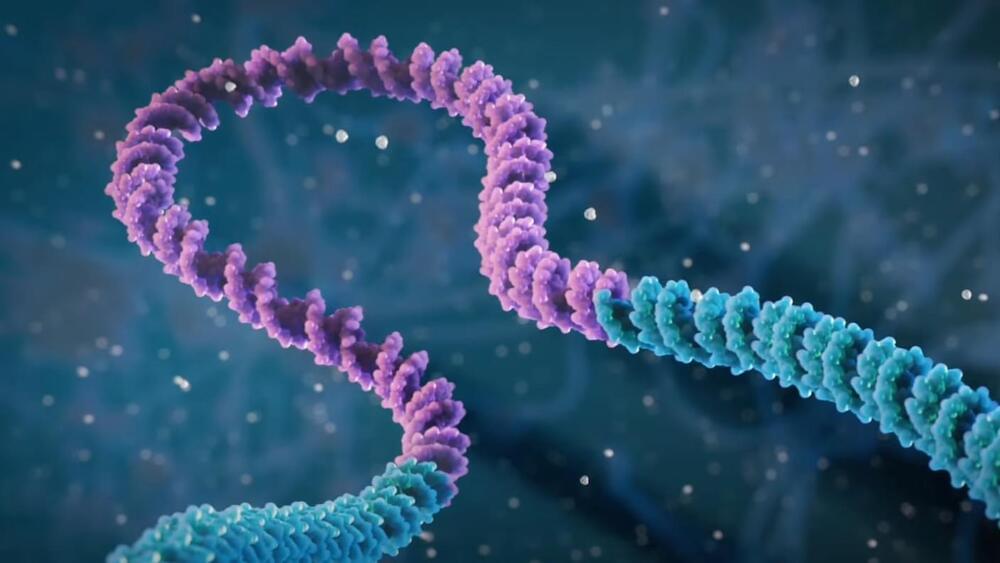Jul 18, 2024
Efficiently improving the performance of noisy quantum computers
Posted by Shubham Ghosh Roy in categories: computing, mathematics, quantum physics
Samuele Ferracin1,2, Akel Hashim3,4, Jean-Loup Ville3, Ravi Naik3,4, Arnaud Carignan-Dugas1, Hammam Qassim1, Alexis Morvan3,4, David I. Santiago3,4, Irfan Siddiqi3,4,5, and Joel J. Wallman1,2
1Keysight Technologies Canada, Kanata, ON K2K 2W5, Canada 2 Department of Applied Mathematics, University of Waterloo, Waterloo, Ontario N2L 3G1, Canada 3 Quantum Nanoelectronics Laboratory, Dept. of Physics, University of California at Berkeley, Berkeley, CA 94,720, USA 4 Applied Math and Computational Research Division, Lawrence Berkeley National Lab, Berkeley, CA 94,720, USA 5 Materials Sciences Division, Lawrence Berkeley National Lab, Berkeley, CA 94,720, USA
Continue reading “Efficiently improving the performance of noisy quantum computers” »


















